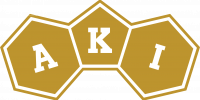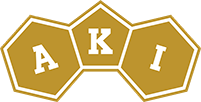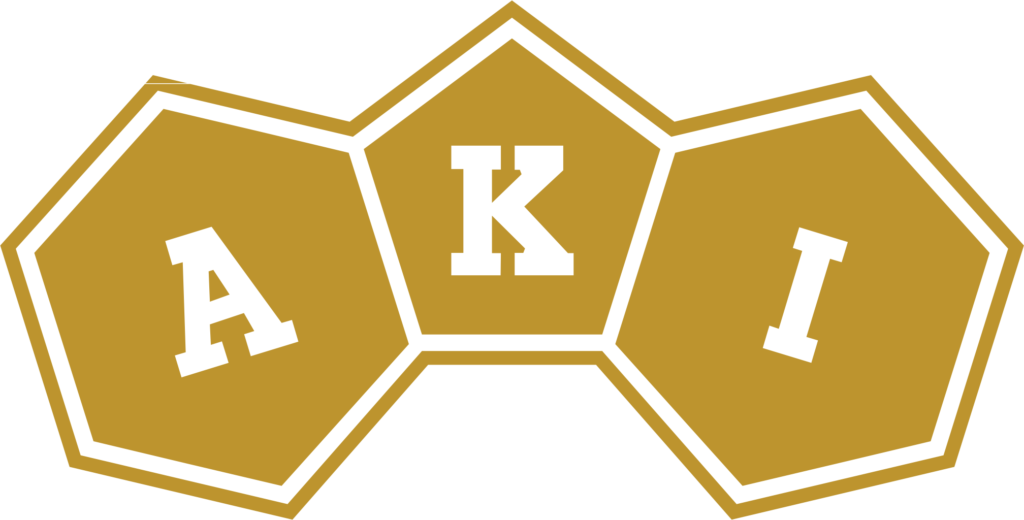CSR
THE SAHEP PROGRAMME
To ensure that these objectives are achieved, SELECT and AKI have produced an assistance programme for their workers known as SAHEP (SELECT Anwar Khawaja Industries Health & Education Program). SAHEP’s services include providing free comprehensive medical assistance and medication for all the members of workers’ families, incentives to keep children at school and direct schooling for children who cannot attend general school. SAHEP staff in Pakistan, under the management of Mrs. Anita Khawaja, keep accurate records on all of SELECT/AK I’s workers and their children, visiting the families on a regular basis. This ensures that SAHEP’s services benefit the right people and that each family’s needs are being met. These needs include medical assistance and medication for the whole family. All children are given the opportunity to have an education. Education is the key to improving living standards for future generations. This objective also includes abolishing child labour, something which AKI do not wish to make use of.

How is all started
Initiated by Mr. Eigil Nielsen (Founder SELECT Sport) in keeping with his and Mr. Anwar Khawaja`s concern for the football stitching community, it was decided that Mrs. Anita Khawaja would undertake a detail survey of the football stitching community to identify their needs at grass root level.
Mission Statement
To improve the standard of living and to aid the development of our football stitchers and their families through the provision of free education and health care as well as need based assistance
In August 1996, SAHEP was launched to address education, health and special needs based on the survey results. AKI and SELECT each contribute 50 % of the cost.
Eligible are registered football stitchers who stitch outside the factory premises for AKI for at least 8 months,as well as their spouses and unmarried children.
PROVISION OF EDUCATION
- Subsidy to school going children Every school going child, starting at 5 years of age, is receiving a financial subsidy, presently 3000 Rs. annually (distributed in 2 parts April and October) for uniforms and copies, pencils etc. (up to 971 families have benefitted).
- Non-formal education to dropped out children and tuition to slow learners.Every child that has dropped out of school before the age of 15 (in most cases slow- learners) and has not completed Primary Education (class 5) is inducted, whenever possible, into our full time morning tuition program (up to 30 drop-outs). In some cases children under 14 have been taken out of factories, while their income is being replaced from the Discretionary Fund.The aim is to re-adjust them into the government school system and enable them to proceed to possible higher education. However, they must at least achieve a minimum level of functional literacy.
To minimize drop-outs SAHEP started successfully an afternoon tuition program for failing students in 2003 with a new intake every summer (average of 90 students in afternoon tuition classes).This ultimately prevents Child labour. - Adult Literacy program (ALP)
This takes place on request in stitching centers and now AKI workers can also receive ALP classes in the factory.




PROVISION OF HEALTH CARE


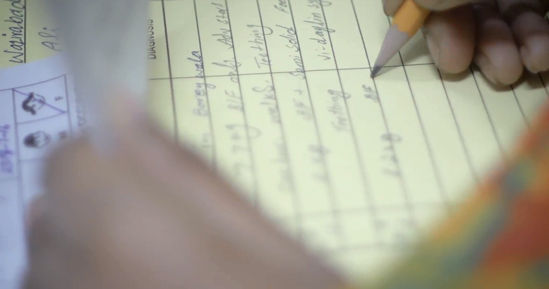
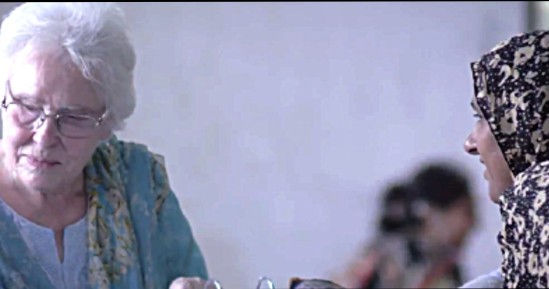
- Every eligible registered person receives a health card (average 6000 health cards in circulation) entitling him to receive free outpatient treatment, free medicines, tests, x-rays, scans etc., except dental care. Every hospitalized patient’s medicine, cost of investigations as well as material required for any surgery is being refunded against documented proof, but no fees are paid by SAHEP. It provides support for serious and long–term illnesses such as cancer, hepatitis, heart disease. Tuberculosis, surgeries.
- SAHEP’s health care team visits all stitching centers 4 – 5 times a week in rotation. They provide mother- and child health care including for the prevention of malnutrition in under fives (by monthly weighing), ante-natal and post-natal care as well as breast cancer awareness clinics and preventive healthcare teachings such as on TB, Diabetes, Hepatitis, Diarrhoea, use of ORS etc.
- Provision of need-based assistance through the Discretionary Fund This consists of financial aid to the stitcher and covers crisis situations that prevent the stitcher from getting an income such as due to illness, operations, deliveries as well as financial support to widows (on average 30 families benefit monthly)
